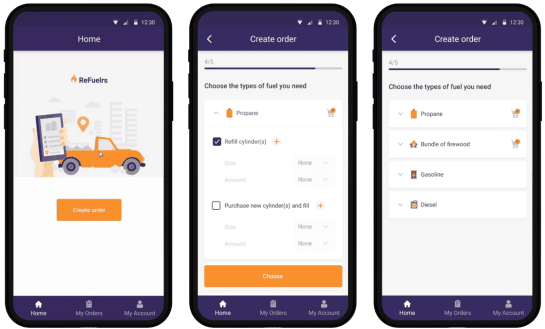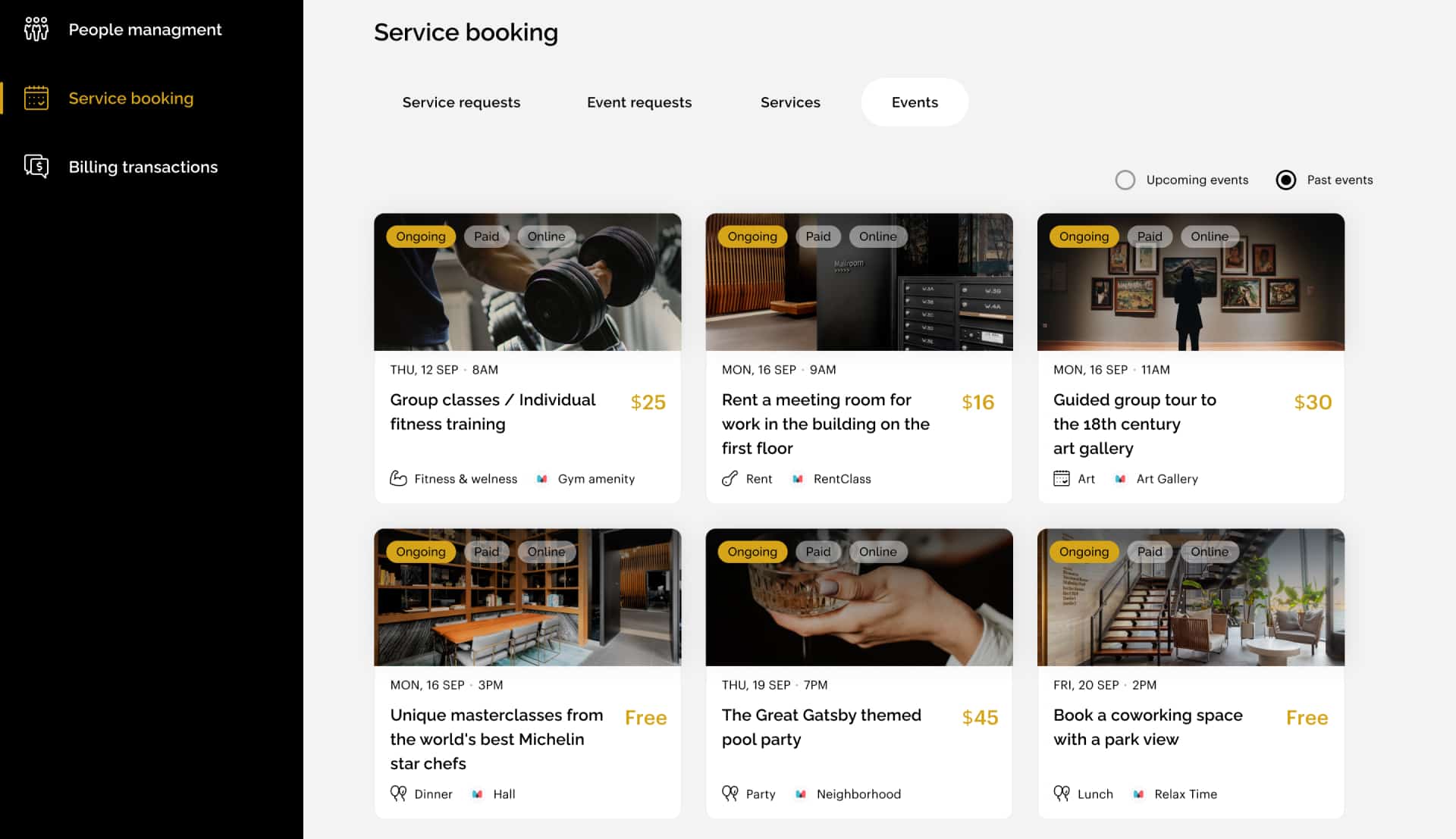
International software
development company
and certified partner
the world's finest software development teams. Book a call
Fortune 500 companies
Case Studies


The crypto world is hard to access for an average user who tries to manage all the advanced security steps. This repels most non-technical people. The business idea was to allow users to enjoy the crypto & blockchain world while keeping everything simple.


The project's idea was to optimize information about the horses' daily activities and organize it into one tracking system, where every activity and event they participated in could be recorded and accessible to their owners or equine industry service professionals.

The project idea was to develop software to provide essential home fuels for American citizens within the states. The solution would facilitate the search and purchase of supplies, considering the regulation of American law.


Volunteer-based local clubs, teams, and events tend to have limited resources and with the Pandemic affecting all communities, these local initiatives went under existential threat. The client turned to Inoxoft with the idea to offer local groups a free tool to increase their budgets and help them thrive.


In the highly competitive environment of different services, you always strive to create a unique experience for a customer with the highest quality service demand. You need clear control over internal processes and also provide a hassle-free tool for excellent user experience with a touch of a palm.


The idea behind the project was to help office building owners and managers optimize waste management processes by creating a resourceful tracking solution. The client wanted a platform that would allow managers to track the amount of produced waste from tenants, how well they sort it, and how much is being sent to landfill so that they can make informed decisions on reducing waste and saving money.
Award-winning software development company
Leading rating & review platforms rank Inoxost among top software development companies due to our tech assistance in clients’ digital transformation





